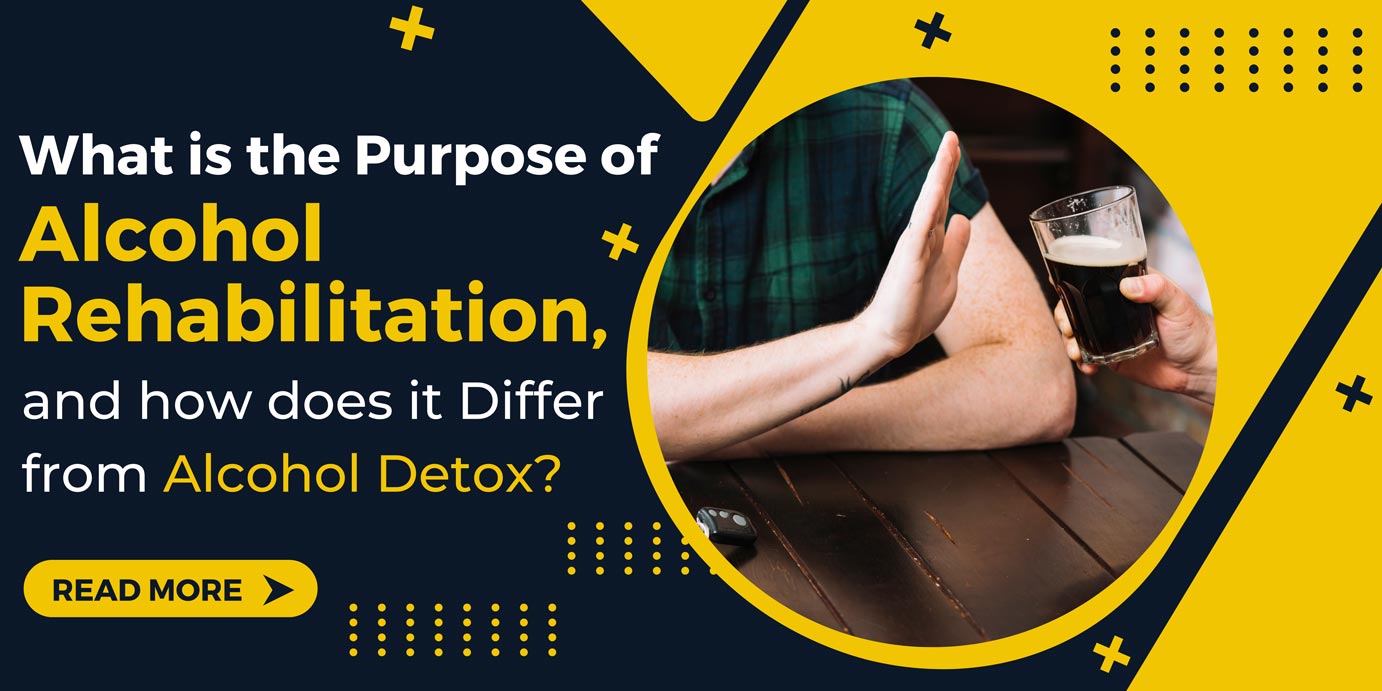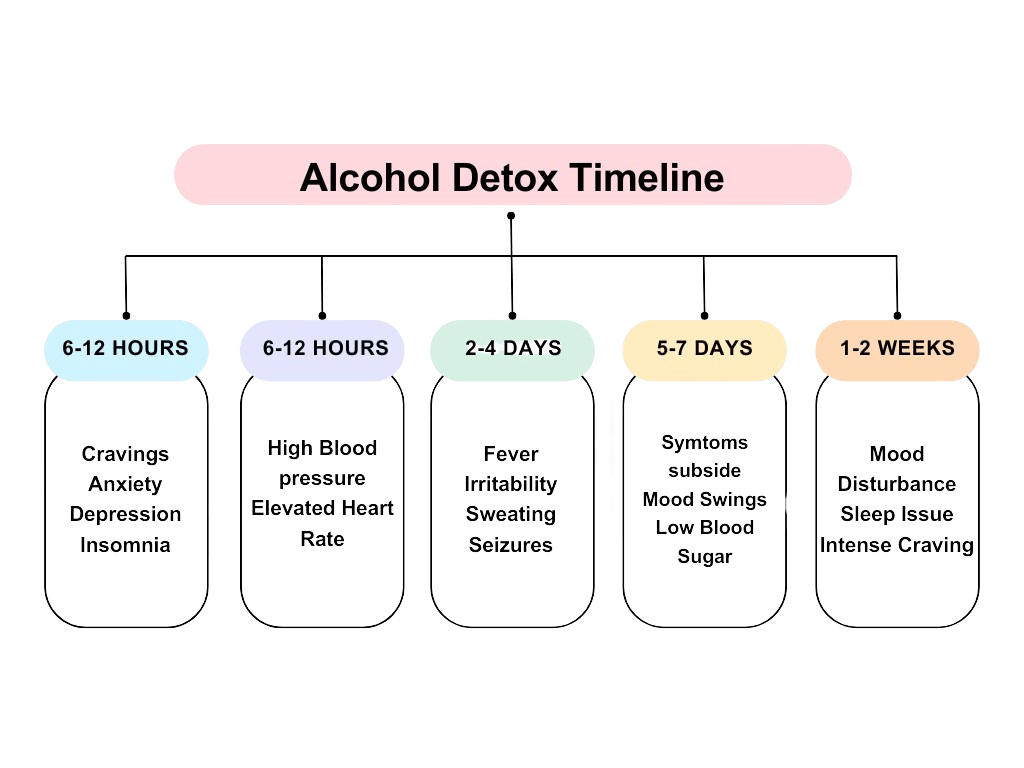What is the purpose of alcohol rehabilitation, and how does it differ from alcohol detox?


Alcohol addiction, also known popularly as alcohol use disorder or alcoholism is a chronic disease in which a person has an uncontrollable desire to consume alcohol despite knowing about what adverse consequences it can have on his/ her mind and body. More people than we can even think are struggling with alcoholism. It is very important to understand and address what alcohol addiction is to promote the overall well-being and recovery of the individual battling with the same. Alcohol rehabilitation is primarily a target plan/ process to help individuals who are struggling with alcohol addiction achieve and maintain sobriety.

An alcohol Rehabilitation center near me is a place that offers a comprehensive treatment plan to address the physical, psychological, and even social impact of alcohol addiction. It aims to equip individuals with the tools and strategies that are required to overcome their dependence on alcohol, prevent relapse, and lead a healthier, more fulfilling life.
Alcohol Rehabilitation presents a nicely structured as well as supportive environment where individuals can detox from alcohol safely. All underlying psychological and other factors contributing to addiction are handled. Skills to maintain long-term sobriety are imparted. Now, the question arises why does a person need an alcohol rehab and why is it important to join one.
So, due to all these reasons a person might need to go to an alcohol rehabilitation center near me for alcohol.
When you call our helpline, an admissions navigator is there to listen to you, answer any questions you have, and provide the support that you need—all 100% confidentially.
Alcohol rehabilitation has numerous benefits not only for an individual battling addiction but also for the family. They not only help a person overcome addiction but also stay sober.

Alcoholic rehabilitation centers near me have programs that provide mental health care, including therapy and counseling, to address co-occurring mental health disorders like depression and anxiety. With therapy individuals can process underlying emotional issues and traumas that may contribute to alcohol use, leading to greater emotional resilience and stability.
Rehabs help individuals mend relationships with family and friends by improving communication skills and fostering understanding. Group therapy along with these support groups tends a sense of community as well as belonging. They minimize the feelings of isolation hugely.
Rehab programs administer practical skills along with coping strategies to manage cravings, avoid triggers, and thus preclude chances of relapse. Many programs offer aftercare and ongoing support to help individuals stay sober and go through life’s struggles post-rehabilitation. By addressing the comprehensive needs of individuals coping with alcohol addiction, rehabilitation programs offer a path to recovery that promotes long-term health, happiness, and fulfillment.
Alcohol Rehabilitation is a complex process that has a series of steps to help individuals overcome alcohol dependence and achieve lasting sobriety
Alcohol detox is essentially a medically supervised process in which the acute physical symptoms of withdrawal that usually take place when someone with alcohol dependence stops drinking are handled. It is as a matter of fact the first step in treatment for alcohol addiction. Detox is usually conducted under the care of healthcare professionals who can monitor the individual’s physical and mental health. This supervision is very important as in some cases the withdrawal symptoms can be severe and even potentially life-threatening.

Symptoms of alcohol withdrawal include anxiety, tremors, nausea, vomiting, sweating, and, in severe cases, seizures and delirium tremens (DTs). Medication is used to alleviate these symptoms and ensure safety.
We’ll instantly check the coverage offered by your insurance provider.
Alcohol detox is the critical first step in treating alcohol dependence, aimed at safely managing the acute withdrawal symptoms as the body eliminates alcohol. Following are the steps that form part of alcohol detox:
Alcohol detox and alcohol rehabilitation are distinct phases in the treatment of alcohol dependence. Alcohol detox is the initial stage focused on safely managing and alleviating acute withdrawal symptoms as the body eliminates alcohol. It is more often than not done under medical supervision.
In contrast, alcohol rehabilitation follows detox and involves comprehensive therapy and counseling to address the psychological aspects of addiction, build up coping strategies, and avert relapse. While detox aims at physical stabilization, rehabilitation focuses on long-term recovery through behavioral therapies, education, and ongoing support
Alcohol rehabilitation is not a one day process but a comprehensive treatment program. It strives for rooting out addiction completely and long-term sobriety. It copes with both the physical and psychological aspects of addiction.
Alcohol detox, on the other hand, is just the initial phase of treatment. It focuses on safely managing the withdrawal symptoms and stabilizing the individual. Even though alcohol detox is a very important first step towards the recovery of a patient, it is alone not sufficient; alcohol rehab provides the necessary ongoing support so that the individual not only comes out of addiction but also stays sober.